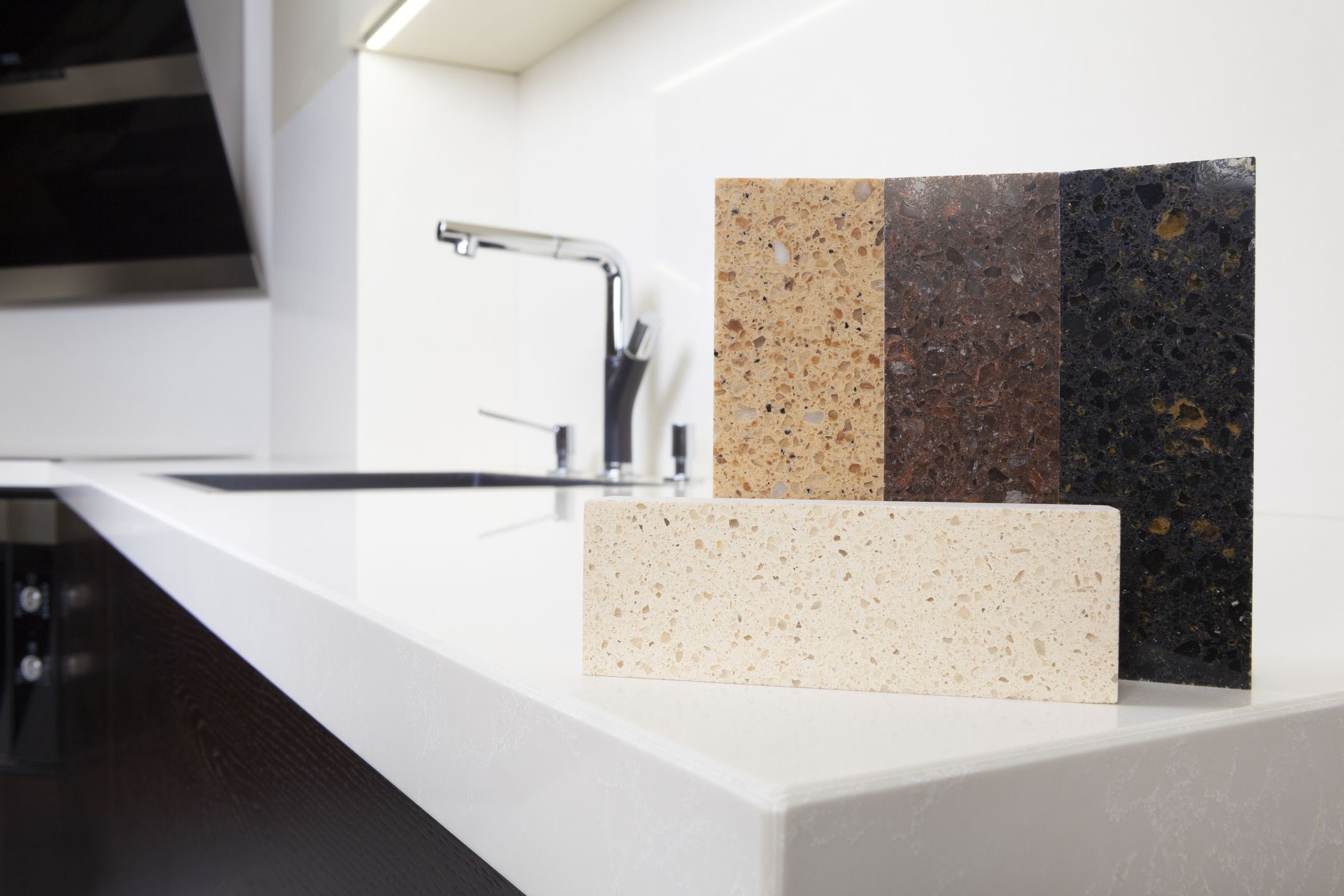

Articles
What Are Countertops Made Of
Modified: October 20, 2024
Discover the various materials used in countertop construction in our informative articles. Find out which ones suit your style and budget.
(Many of the links in this article redirect to a specific reviewed product. Your purchase of these products through affiliate links helps to generate commission for Storables.com, at no extra cost. Learn more)
Introduction
Countertops are essential elements in any kitchen or bathroom. They provide a functional space for meal preparation, storage, and everyday tasks. However, countertops are not all created equal. They come in a variety of materials, each with its own unique set of properties and characteristics.
In this article, we will explore the different materials used to make countertops and highlight their advantages and disadvantages. Whether you are planning a kitchen renovation or simply curious about the options available, understanding the various countertop materials will help you make an informed decision.
From natural stone to engineered alternatives, laminate, wood, concrete, and stainless steel, there are countless choices on the market. Each material offers distinct aesthetics, durability, maintenance requirements, and price points. So let’s dive in and discover what countertops are made of.
Key Takeaways:
- Natural stone countertops like granite and marble offer timeless beauty and durability, while engineered stone countertops provide a blend of durability, low maintenance, and design versatility.
- Whether you prioritize durability, style, or affordability, there is a countertop material available to meet your requirements. Each material has its own unique set of characteristics and benefits.
Read more: What Are Lab Countertops Made Of
Natural Stone Countertops
Natural stone countertops are a popular choice for homeowners looking to add elegance and visual appeal to their kitchens or bathrooms. These countertops are made from natural stone slabs that are quarried from the earth and cut into the desired shape and size. Here are some of the most common types of natural stone countertops:
- Granite: Granite countertops are known for their durability and natural beauty. They are resistant to heat and scratches, making them an excellent choice for busy kitchens. With a wide range of colors and patterns available, granite countertops can complement any style of décor.
- Marble: Marble countertops exude luxury and sophistication. Known for their smooth surface and distinctive veining, marble countertops are a timeless choice for both traditional and modern designs. However, marble is a softer stone and requires regular sealing to prevent staining and etching from acidic substances.
- Soapstone: Soapstone countertops have a unique velvety texture and a warm, matte appearance. They are resistant to heat and bacteria, making them an ideal choice for food preparation areas. While soapstone is less durable than granite, it develops a natural patina over time, giving it a rustic and aged look.
- Quartzite: Quartzite countertops offer the best of both worlds – the durability of granite and the beauty of marble. It is a natural stone formed from sandstone and quartz crystals, resulting in a hard and durable surface. Quartzite countertops are available in a wide range of colors and patterns.
- Limestone: Limestone countertops have a soft and warm appearance. They offer a unique, natural look with subtle variations in color and texture. However, limestone is a porous stone and requires regular sealing to prevent staining. It is not suitable for heavy-use kitchens.
- Travertine: Travertine countertops are characterized by their distinctive porous surface and natural pits and troughs. They have a rustic, warm look that is perfect for traditional or Mediterranean-style kitchens. Travertine requires regular sealing and maintenance to prevent staining and damage.
- Onyx: Onyx countertops are known for their striking translucency and vibrant colors. They create a dramatic and luxurious focal point in any space. However, onyx is a soft and delicate stone that requires careful handling and maintenance.
- Slate: Slate countertops have a unique and rugged appearance, with natural variations in color and texture. They are highly resistant to heat and scratches, making them a practical choice for busy kitchens. Slate is also low-maintenance and has a long lifespan.
Natural stone countertops offer timeless beauty and durability, but they can vary in terms of maintenance and price. Choosing the right natural stone for your countertop depends on your personal style, budget, and specific needs.
Engineered Stone Countertops
Engineered stone countertops, also known as composite or quartz countertops, are a popular alternative to natural stone. These countertops are created by combining crushed stone, resin, and coloring agents to produce a slab that mimics the look and feel of natural stone. Here are some of the most common types of engineered stone countertops:
- Quartz: Quartz countertops are made from a blend of crushed quartz, resin, and pigments. They offer the beauty of natural stone with enhanced durability and low maintenance. Quartz countertops are non-porous, making them resistant to stains, bacteria, and heat. They are available in a wide range of colors and patterns, offering versatility and customization options.
- Terrazzo: Terrazzo countertops are made from a mixture of crushed stone or glass chips embedded in a matrix of concrete or resin. They have a unique, speckled appearance and are available in a variety of colors and patterns. Terrazzo countertops are durable, resistant to stains and heat, and can be polished to achieve a high-gloss finish.
- Recycled Glass: Recycled glass countertops are an eco-friendly option that combines crushed glass pieces with resin or cement binders. They offer a vibrant and colorful surface with a distinctive texture. Recycled glass countertops are highly durable, non-porous, and resistant to stains and scratches. They are available in a range of colors and can be customized to create a unique look.
- Porcelain: Porcelain countertops are made from a blend of porcelain clay, feldspar, and silica. They offer a durable and heat-resistant surface that is suitable for both indoor and outdoor applications. Porcelain countertops are available in a variety of colors and patterns, including designs that mimic the look of natural stone or concrete. They are non-porous, making them resistant to stains and easy to clean.
Engineered stone countertops offer a consistent and uniform appearance, with a wide variety of colors and patterns to choose from. They are highly durable, resistant to stains, and require minimal maintenance. Engineered stone countertops are a great option for those seeking the look of natural stone with added durability and practicality.
Solid Surface Countertops
Solid surface countertops are a versatile and popular option for both residential and commercial applications. These countertops are made from a durable, synthetic material that is composed of a combination of acrylic or polyester resin, minerals, and pigments. Solid surface countertops offer a seamless and smooth surface with a range of design possibilities. Here are some key features and benefits of solid surface countertops:
- Durable: Solid surface countertops are highly durable and resistant to wear and tear. They are non-porous, making them resistant to stains, bacteria, and moisture. They are also scratch-resistant, although they can be susceptible to heat damage if proper precautions are not taken.
- Easy to Clean: Solid surface countertops are easy to clean and maintain. Their non-porous surface prevents the absorption of liquids, making them resistant to stains and bacterial growth. Regular cleaning with mild soap and water is usually sufficient to keep them looking their best.
- Seamless Appearance: Solid surface countertops offer a seamless and smooth appearance, as they can be seamlessly joined together without visible seams or gaps. This allows for uninterrupted design and creates a visually appealing look.
- Customizable: Solid surface countertops offer a wide range of design options. They can be easily shaped, molded, and fabricated into various shapes and sizes to fit any kitchen or bathroom layout. They are also available in a variety of colors and patterns, giving homeowners the flexibility to match their design preferences.
- Renewable: One of the unique advantages of solid surface countertops is their ability to be renewed or repaired. Minor scratches, stains, or burns can often be buffed out or repaired by a professional. This means that solid surface countertops can maintain their original appearance for many years, making them a long-lasting investment.
Solid surface countertops are widely used in kitchens and bathrooms due to their versatility, durability, and easy maintenance. They offer a seamless and hygienic surface that is resistant to stains and bacterial growth. Whether you prefer a sleek and modern design or a timeless classic look, solid surface countertops can be customized to meet your specific style and functional needs.
Laminate Countertops
Laminate countertops are a popular and budget-friendly choice for homeowners looking for an affordable and durable surface. These countertops are made from layers of paper or fabric that are impregnated with resin and then bonded to a particleboard or plywood core. Laminate countertops offer a wide range of designs and patterns, making them a versatile option for any kitchen or bathroom. Here are some key features and benefits of laminate countertops:
- Affordability: Laminate countertops are one of the most cost-effective options available. They offer a budget-friendly alternative to other materials without sacrificing style or functionality. This makes them a popular choice for homeowners on a tight budget or for rental properties.
- Design Variety: Laminate countertops are available in a wide range of colors, patterns, and textures. From solid colors to realistic stone or wood grain patterns, there is a laminate design to suit every style and aesthetic preference. Laminates can even mimic more expensive materials such as granite or marble at a fraction of the cost.
- Durability: Laminate countertops are known for their durability and resistance to stains and scratches. The surface is non-porous, making it easy to clean and preventing the absorption of liquids. However, laminate can be susceptible to heat damage and is not recommended for use with hot pots or pans.
- Low Maintenance: Laminate countertops are incredibly easy to maintain. Regular cleaning with a mild soap and water solution is usually sufficient to keep them clean and looking their best. Avoid using abrasive cleaners or scrub brushes that could scratch or damage the surface.
- Easy Installation: Laminate countertops are relatively easy to install, making them a popular choice for DIY enthusiasts. With proper tools and preparation, homeowners can save on installation costs by tackling the project themselves. However, it is recommended to consult professional installers for more complex designs or larger areas.
Laminate countertops offer an affordable and versatile option for homeowners who want a durable and stylish surface without breaking the bank. With a wide range of designs and patterns to choose from, laminate countertops can transform the look of any kitchen or bathroom and provide years of reliable performance.
When choosing a countertop material, consider factors such as durability, maintenance, and cost. Some popular options include granite, quartz, marble, and laminate. Research each material’s pros and cons to find the best fit for your needs.
Read more: What Is Silestone Countertops Made Of
Wood Countertops
Wood countertops bring warmth, character, and a touch of nature into any kitchen or bathroom. These countertops are made from various types of wood, with popular choices including hardwoods like maple, oak, cherry, and walnut. Wood countertops offer a timeless appeal and a unique aesthetic that can complement both traditional and modern styles. Here are some key features and benefits of wood countertops:
- Natural Beauty: Wood countertops showcase the natural beauty and uniqueness of the wood grain. Each piece of wood has its own distinctive patterns, knots, and color variations, adding character and charm to the overall design. Wood countertops can create a warm and inviting atmosphere in any space.
- Durability: While wood is a softer material compared to stone or solid surface options, it can still be highly durable. Hardwood species like maple and oak are known for their toughness and resistance to scratches and dents. Proper care and maintenance can help extend the lifespan of wood countertops.
- Warmth and Comfort: Wood countertops offer a warmth and comfort that cannot be replicated by other materials. They are pleasant to touch and create a welcoming ambiance. Wood also has natural insulating properties that can keep the countertop surface more comfortable to work on.
- Versatility: Wood countertops can be customized to fit any style or design preference. They can be stained or sealed with various finishes to achieve the desired color and level of protection. Wood can also be shaped and cut to create unique edge profiles or incorporate inlays and decorative elements.
- Ease of Maintenance: Although wood countertops require regular maintenance, they can be relatively easy to care for. Routine cleaning with a mild soap and water solution is usually sufficient. Occasional resealing or oiling may be necessary to maintain the beauty and protect the wood from moisture.
Wood countertops provide a warm and inviting aesthetic that can enhance the overall look and feel of a kitchen or bathroom. While they may require more care and maintenance compared to other materials, the natural beauty and unique character that wood brings to the space make it a worthwhile choice for many homeowners.
Concrete Countertops
Concrete countertops offer a modern and industrial aesthetic that has become increasingly popular in contemporary kitchen and bathroom designs. These countertops are made by mixing cement, aggregates, and water to create a thick, durable, and customizable surface. Concrete countertops offer unique characteristics that make them stand out from other countertop materials. Here are some key features and benefits of concrete countertops:
- Customizable Design: One of the biggest advantages of concrete countertops is their versatility in design. They can be customized to fit any shape, size, or style preference. Concrete can be poured into molds to create seamless and unique shapes, and can be stained, dyed, or embedded with various materials, such as glass or shells, to create a personalized look.
- Durability: Concrete countertops are highly durable and resistant to scratches, heat, and stains when properly sealed. They can withstand daily use and maintain their structural integrity for many years. However, concrete is prone to hairline cracks and can etch if exposed to acidic substances, so regular sealing and maintenance are essential.
- Industrial Charm: Concrete countertops offer a sleek and industrial aesthetic that is sought after in modern designs. The raw and textured appearance of concrete can create a unique focal point in any kitchen or bathroom. It pairs well with other materials like stainless steel, wood, or glass, adding to the overall visual appeal.
- Heat Resistance: Concrete has excellent heat resistance properties, making it suitable for use in the kitchen. Hot pots and pans can be placed directly on the concrete surface without causing damage. However, it is still advisable to use trivets or heat pads to extend the lifespan of the sealer and prevent potential discoloration.
- Low Maintenance: With regular sealing and simple day-to-day care, concrete countertops can be relatively easy to maintain. They can be wiped clean with a mild soap and water solution or a pH-neutral cleaner. Periodic resealing is recommended to protect the surface and maintain its beauty.
Concrete countertops offer a unique blend of durability, customization, and industrial charm. They are a popular choice for those seeking a modern and stylish surface that stands out from traditional countertop materials. However, it is important to work with experienced professionals to ensure proper installation, sealing, and maintenance for long-lasting performance.
Stainless Steel Countertops
Stainless steel countertops are a sleek and modern option for both residential and commercial kitchens. Made from a combination of steel, chromium, and other metals, stainless steel countertops offer a unique set of features and benefits that set them apart from other countertop materials. Here are some key features and benefits of stainless steel countertops:
- Hygienic and Easy to Clean: Stainless steel countertops are non-porous, making them highly resistant to bacteria, stains, and germs. They are easy to clean with a simple wipe-down using mild soap and water. Stainless steel countertops are also heat-resistant, making them ideal for use in areas where hot pots and pans are frequently used.
- Durable and Long-lasting: Stainless steel is known for its durability and strength. It is resistant to corrosion, rust, and stains, making it a long-lasting countertop material. With proper care, stainless steel countertops can maintain their sleek appearance for many years.
- Modern and Versatile: Stainless steel countertops offer a minimalist and contemporary look that complements a wide range of kitchen styles, from industrial to modern and beyond. They can be seamlessly integrated into various design schemes and easily matched with other materials to create a cohesive and stylish kitchen aesthetic.
- Scratch-resistant: While stainless steel is not entirely scratch-proof, it does have excellent resistance to scratches and dents. Small scratches can even blend into the overall patina and give the countertop a unique character. However, it is still advisable to use cutting boards and avoid dragging heavy objects across the surface to minimize the risk of scratches.
- Adaptable to Custom Designs: Stainless steel countertops can be customized to fit any space, shape, or size. They can be seamlessly welded and fabricated into various configurations, including integrated sinks and backsplashes. This adaptability allows for a clean and streamlined look, as well as flexibility in meeting specific design requirements.
Stainless steel countertops are a popular choice for those seeking a modern and professional kitchen aesthetic. Their durability, low maintenance, and hygienic properties make them an attractive option for both residential and commercial settings. Whether you’re a professional chef or a homeowner looking to elevate your kitchen’s style, stainless steel countertops offer a sleek and practical solution.
Tile Countertops
Tile countertops offer a versatile and decorative option for kitchens and bathrooms. They are made by using various types of ceramic or porcelain tiles, which are bonded to a sturdy surface such as plywood or cement board. Tile countertops provide a wide range of design possibilities and can be customized to suit different styles and preferences. Here are some key features and benefits of tile countertops:
- Design Versatility: Tile countertops offer endless design possibilities. With a variety of shapes, sizes, colors, and patterns available, you can create a unique and personalized look for your countertop. From classic subway tiles to intricate mosaic designs, tile countertops can suit any style and aesthetic.
- Affordability: Tile countertops are often more budget-friendly compared to other materials like natural stone or solid surfaces. This makes them a popular choice for homeowners who want to achieve a stylish look without breaking the bank. Additionally, if a tile gets damaged or stained, it can be easier and more affordable to replace individual tiles rather than the entire countertop.
- Durability: When properly installed and maintained, tile countertops can be highly durable and resistant to scratches and heat. Ceramic and porcelain tiles are known for their strength and longevity, making them suitable for daily use in kitchens and bathrooms. However, it’s important to choose high-quality tiles and use the appropriate sealant for better longevity.
- Ease of Maintenance: Tile countertops are relatively easy to maintain. Regular cleaning with mild soap and water is usually sufficient to keep them clean and stain-free. Grout lines may require occasional sealing to prevent discoloration and maintain their appearance. It’s important to promptly clean up spills to prevent staining on the grout.
- Heat Resistance: Ceramic and porcelain tiles have good heat resistance, making them suitable for kitchen countertops. However, it’s essential to use trivets or heat-resistant pads under hot pots and pans to prevent thermal shock and damage to the grout or adhesive used for tile installation.
Tile countertops offer a customizable and cost-effective solution for those seeking a distinct look in their kitchen or bathroom. With a wide range of options available and the ability to mix and match different tiles, you can create a countertop that reflects your personal style. While tile countertops require regular maintenance and proper installation, their versatility and affordability make them a popular choice for many homeowners.
Read more: How Are Granite Countertops Made
Conclusion
Choosing the right countertop material is an important decision that can greatly impact the functionality and aesthetics of your kitchen or bathroom. With a wide variety of options available, understanding the different types of countertops and their characteristics can help you make an informed choice that suits your needs and style preferences.
Natural stone countertops, such as granite, marble, and quartzite, offer timeless beauty and durability. They come in a range of colors and patterns, allowing for customization and adding a touch of luxury to any space. Engineered stone countertops, like quartz and recycled glass, provide a blend of durability, low maintenance, and design versatility.
For a more affordable option, laminate countertops offer a wide variety of colors and patterns, along with ease of installation. Solid surface countertops provide a smooth and seamless appearance, while wood countertops bring warmth and character to the kitchen. Concrete countertops offer a modern and industrial aesthetic, while stainless steel countertops provide a sleek and professional look.
Finally, tile countertops offer endless design possibilities, affordability, and the ability to mix and match different tiles for a personalized look. Tile countertops can suit a wide range of styles and preferences.
When making your decision, consider factors such as durability, maintenance requirements, heat resistance, and price. It’s also important to balance the desired aesthetic with the practicality of the material for your specific needs.
In conclusion, each countertop material has its own unique set of characteristics and benefits. Whether you prioritize durability, style, or affordability, there is a countertop material available to meet your requirements. By understanding the different options and considerations, you can choose the perfect countertop that will enhance your space and provide years of enjoyment and functionality.
Frequently Asked Questions about What Are Countertops Made Of
Was this page helpful?
At Storables.com, we guarantee accurate and reliable information. Our content, validated by Expert Board Contributors, is crafted following stringent Editorial Policies. We're committed to providing you with well-researched, expert-backed insights for all your informational needs.

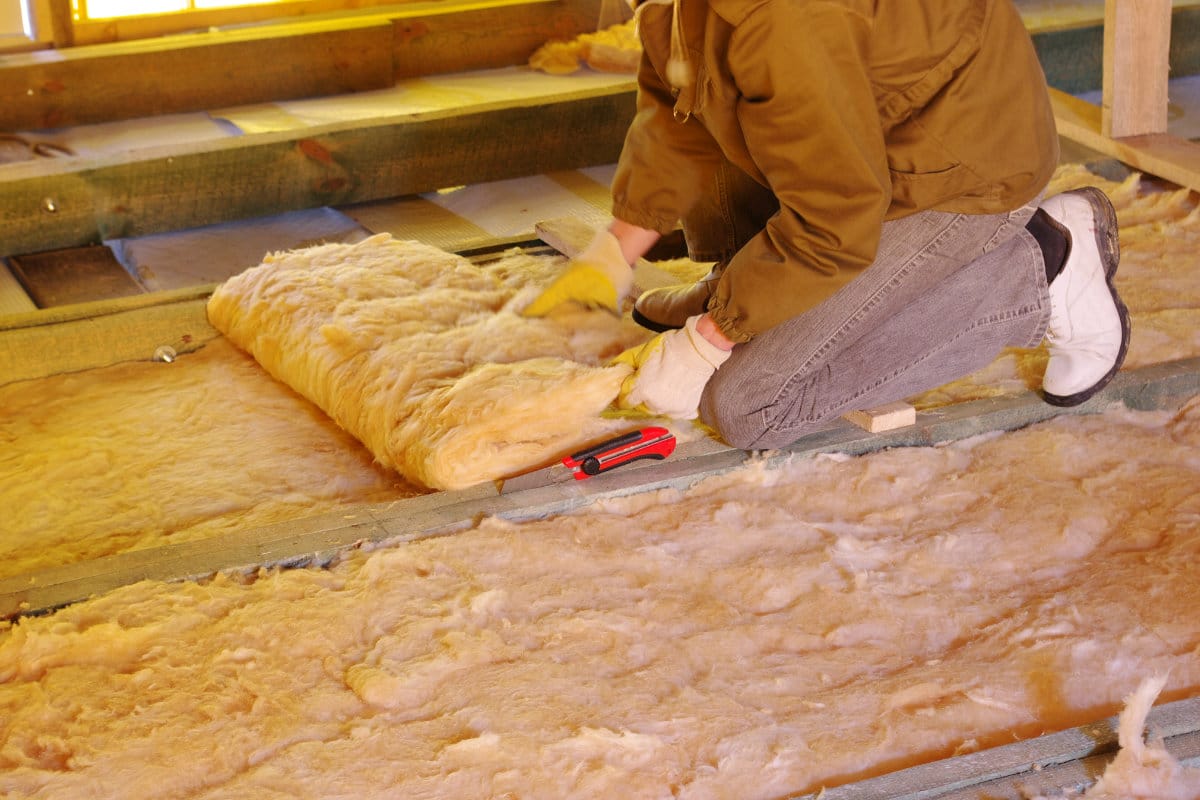

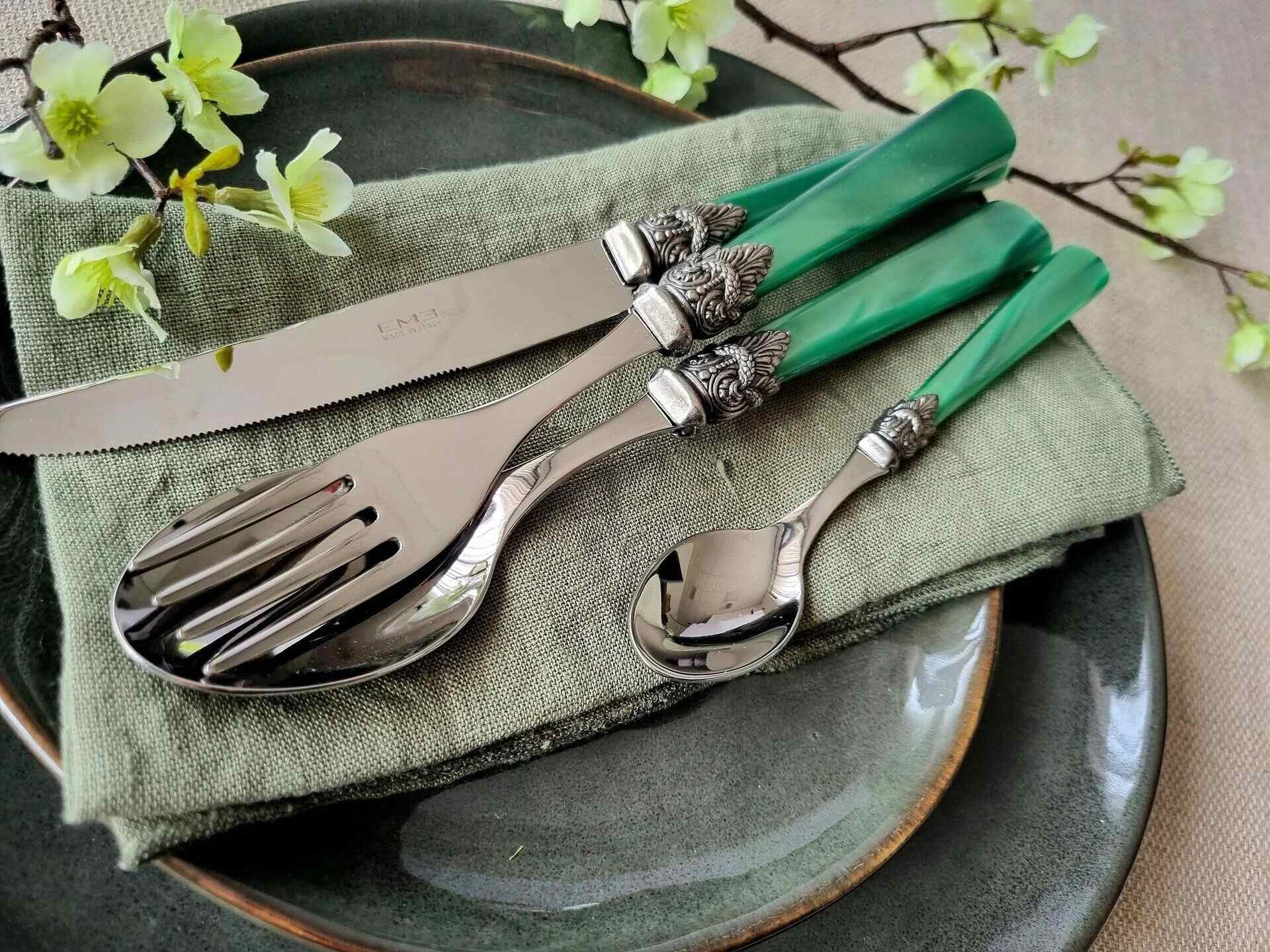
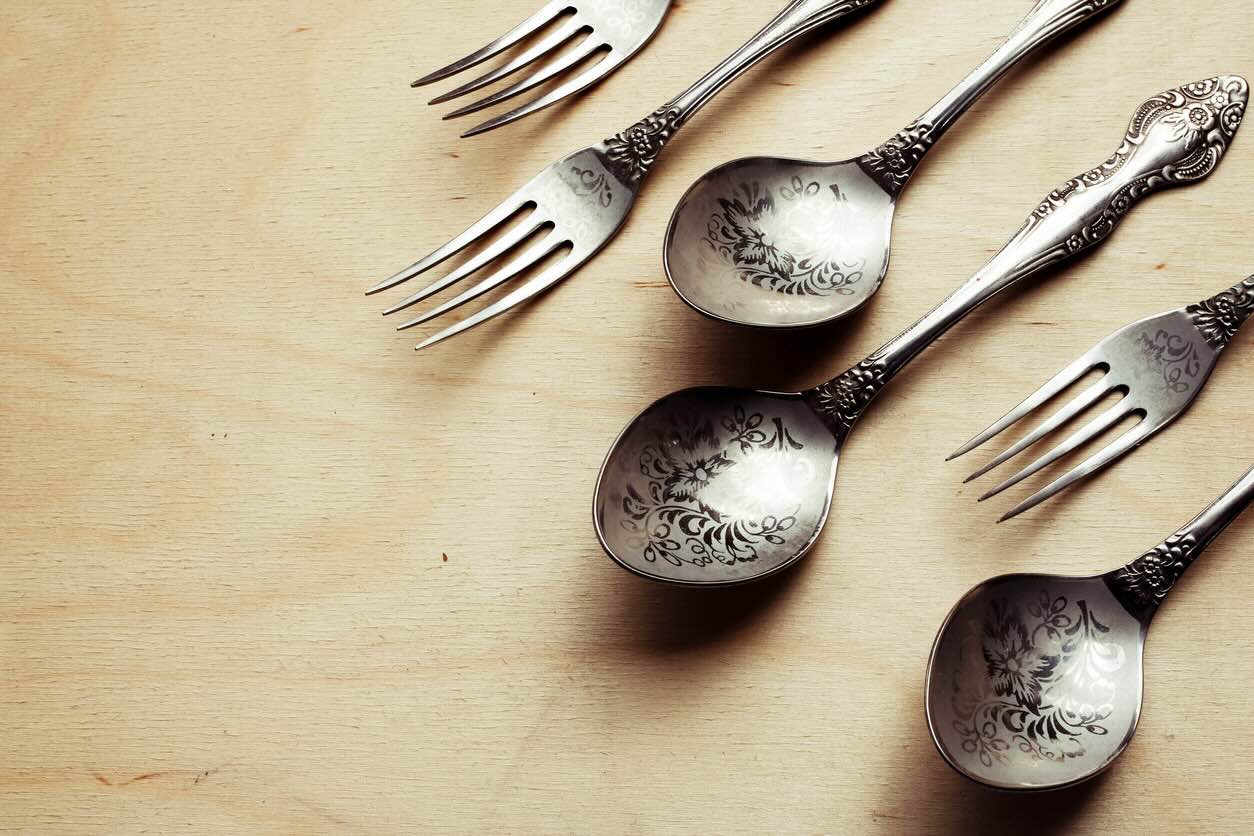
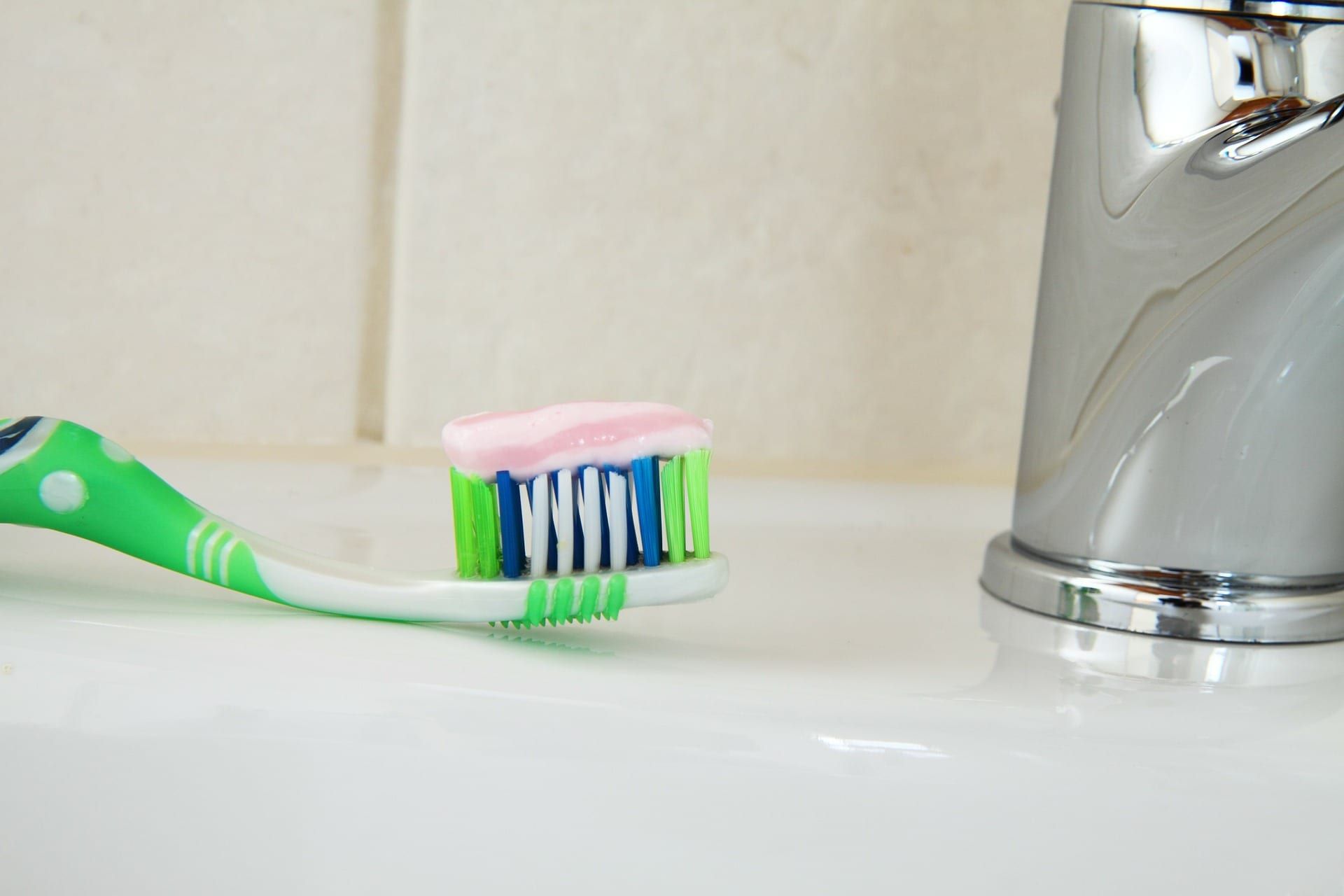
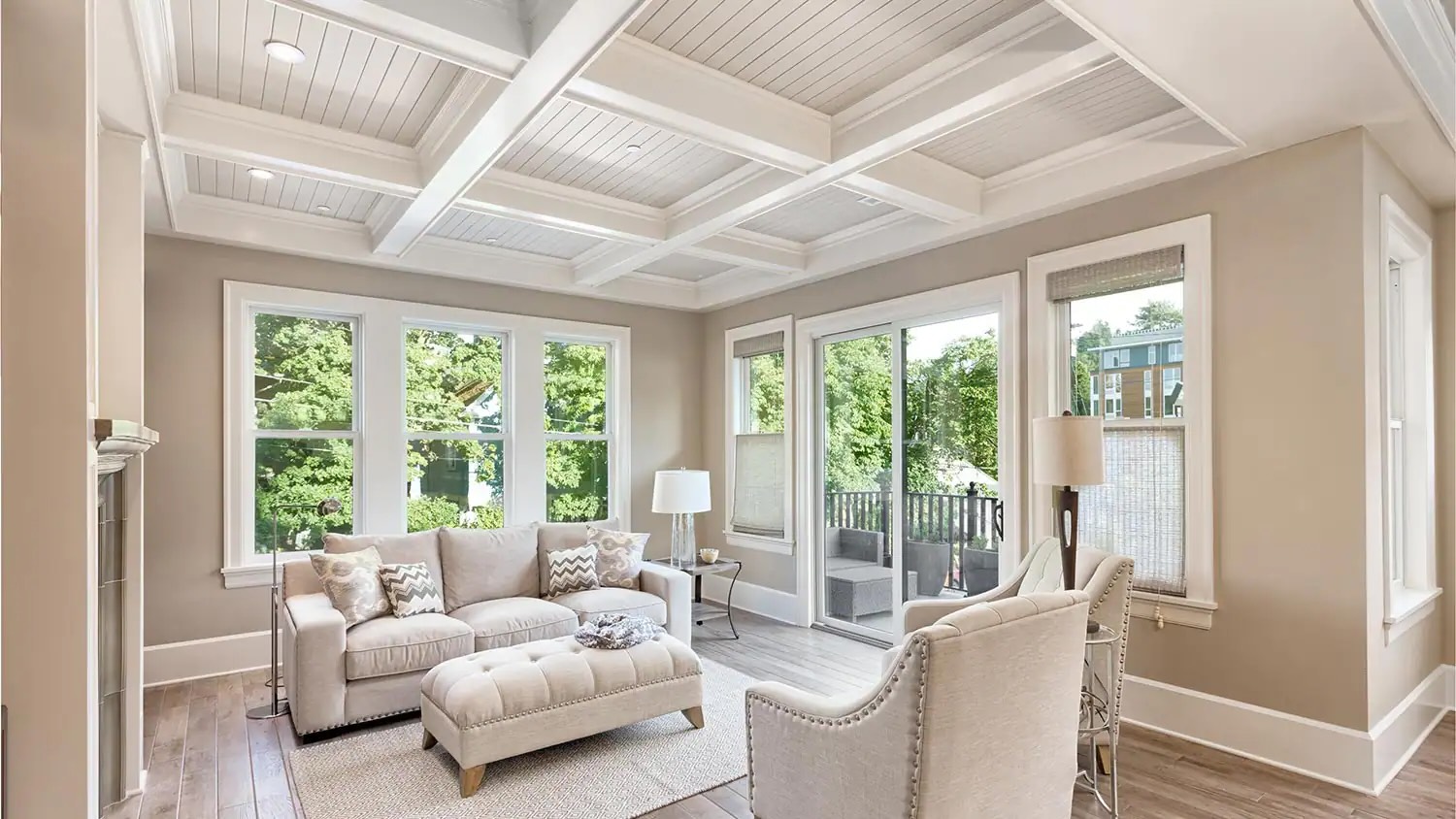
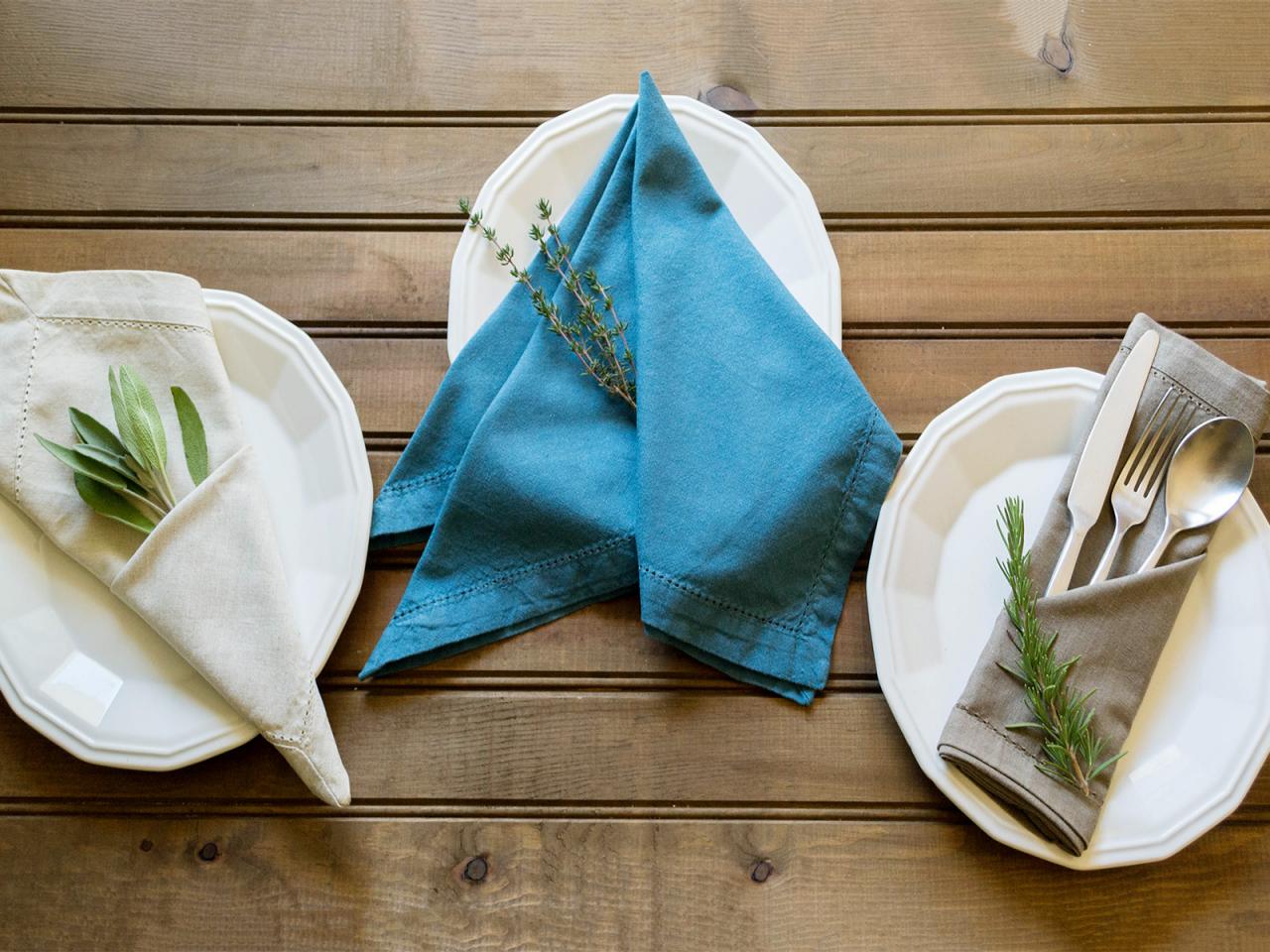

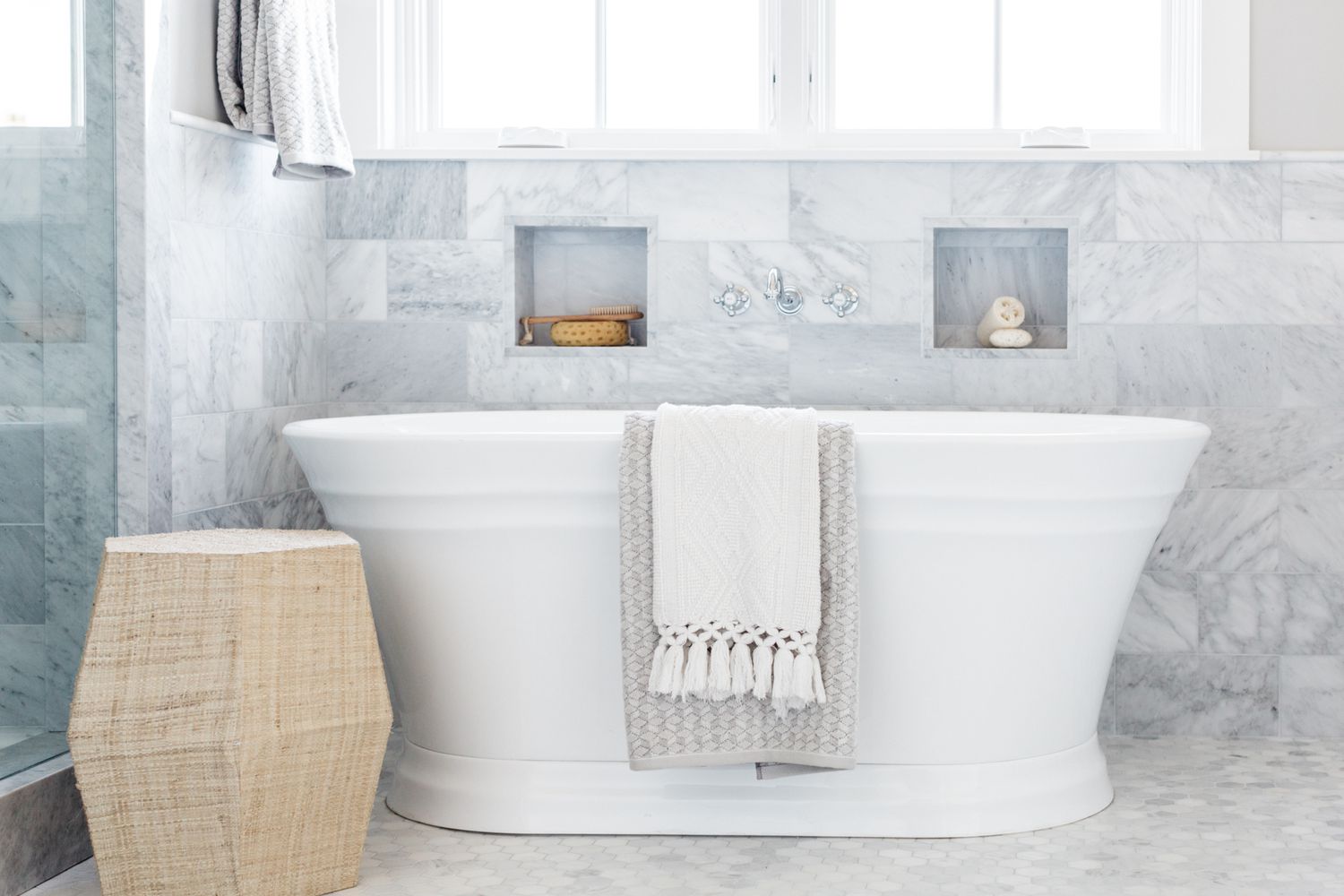

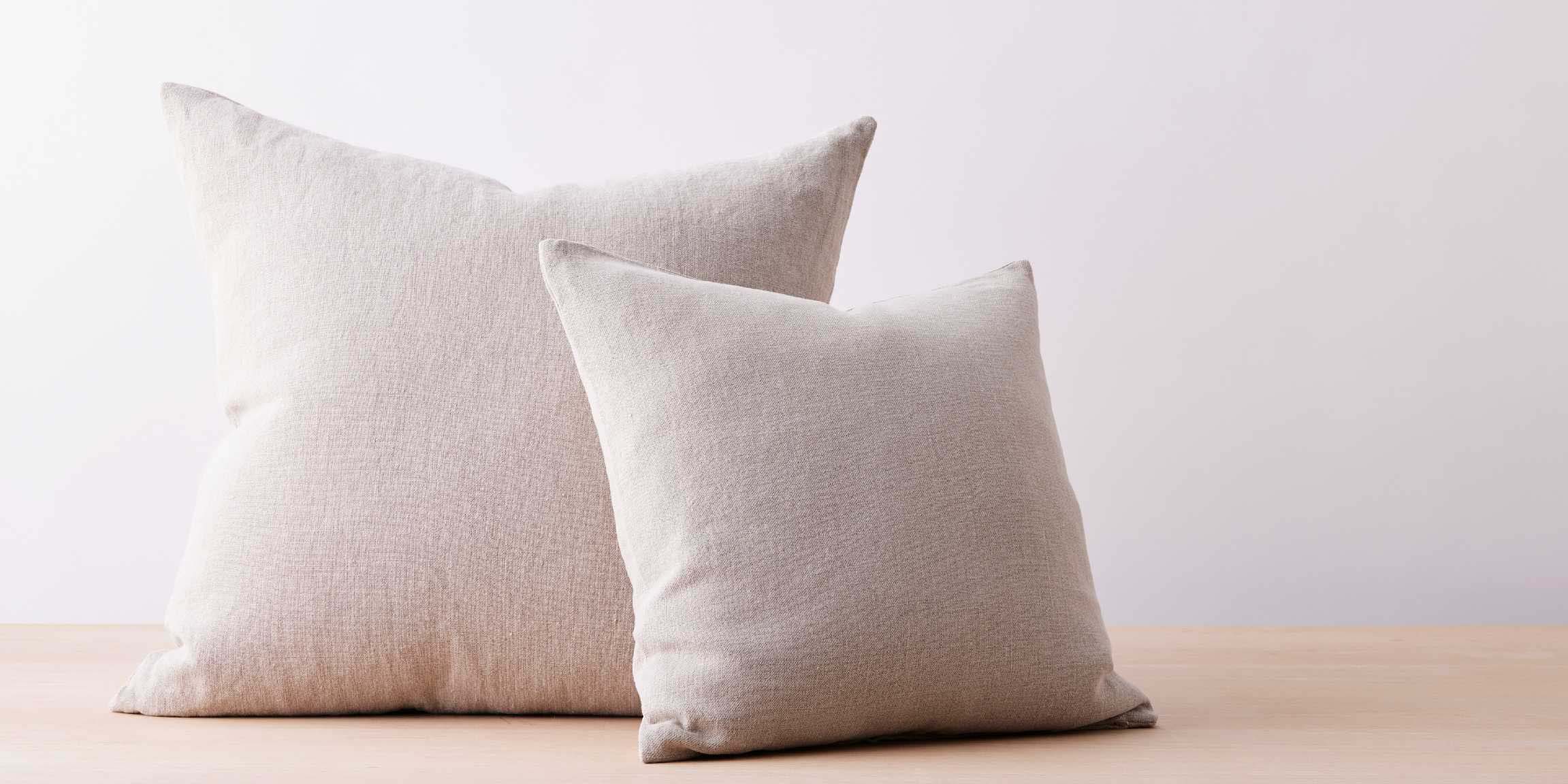


0 thoughts on “What Are Countertops Made Of”